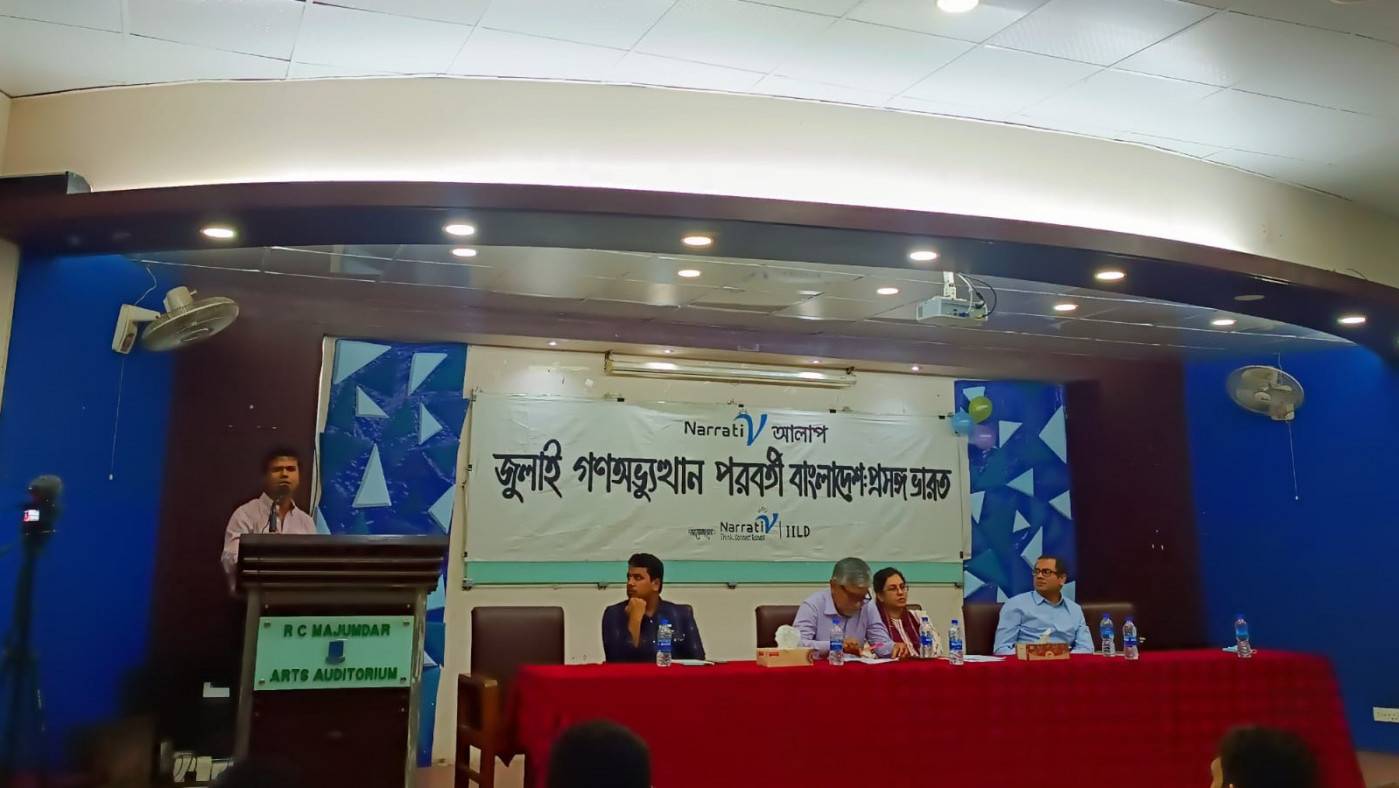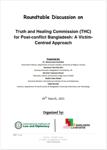
- Experts say India has a well-defined policy for Bangladesh
- Trust between Bangladesh and India has eroded, especially after July uprising
- Bangladesh must leverage its strengths to secure fair water-sharing deals with India
- Bangladesh-India ties should be based on mutual respect
- Indian foreign policy remained unchanged despite UN reports on mass killings in Bangladesh, experts say
Bangladesh's policy towards India has lacked consistency and changed frequently under different governments, weakening its foreign strategy, according to international relations experts.
"We don't have any India policy. It's a weakness of our foreign policy, but India has a very clear policy regarding Bangladesh," said Obaidul Haque, a faculty member at the International Relations Department of Dhaka University, during a discussion titled "Bangladesh After the July Revolution: Indian Perspective" today (23 February).
"In the last 16 years, the people of Bangladesh have permanently lost trust in India. The events of July were a major setback for India. After the July uprising, it created an opportunity for India, but they failed to seize it," he said at the event, held at the RC Majumder Conference Room at Dhaka University, which was jointly organised by Narrative and the International Institute of Law and Diplomacy.
"If there had been a pragmatic leader in India, he could have utilised the opportunities in the post-July scenario," he added.
Focusing on securing national interests like water agreements, Obaidul said, "If India does not give us our fair share, we have to play our cards carefully, as we have many leverage points.
"The relationship must be realistic and based on mutual respect. Lies and propaganda from India will not bring any positive results."
Saima Ahmed, also a faculty member at the DU International Relations Department, said, "We have seen the individualisation of foreign policy regarding India. This means our policy has changed with the leadership. The so-called friendship with India during the Hasina regime has gradually deteriorated.
"We have observed a state-sponsored dictatorship in Bangladesh. Autocracy was established and continued with India's help," she added.
She also pointed out that Indian foreign policy has remained unchanged despite the UN fact-finding committee's report on mass killings in Bangladesh.
Geopolitical analyst Mustain Zahir said, "India's attitude will not align with our expectations; instead, it will depend on our capacity.
"We have to define our vital national interests before dealing with India. The river system is a crucial issue for our ecosystem and is linked with India. But do we know how to handle it? Do we have any national consensus?"
He added, "Even Hasina failed to sign the Teesta agreement. So, we have to develop an alternative negotiation strategy with India in the post-July scenario."
Political commentators Nayel Rahman and Shafiul Alam Shaheen, executive director of IILD, also spoke at the event.





Leave a reply